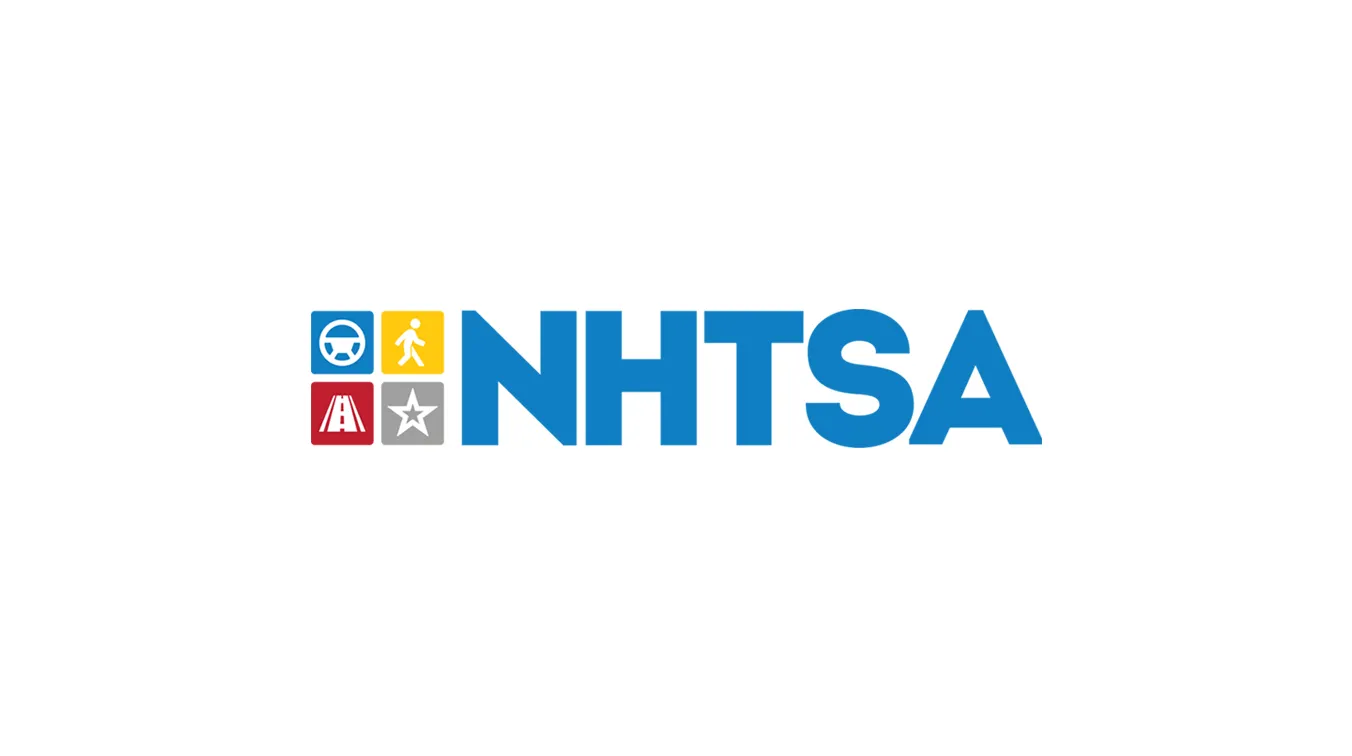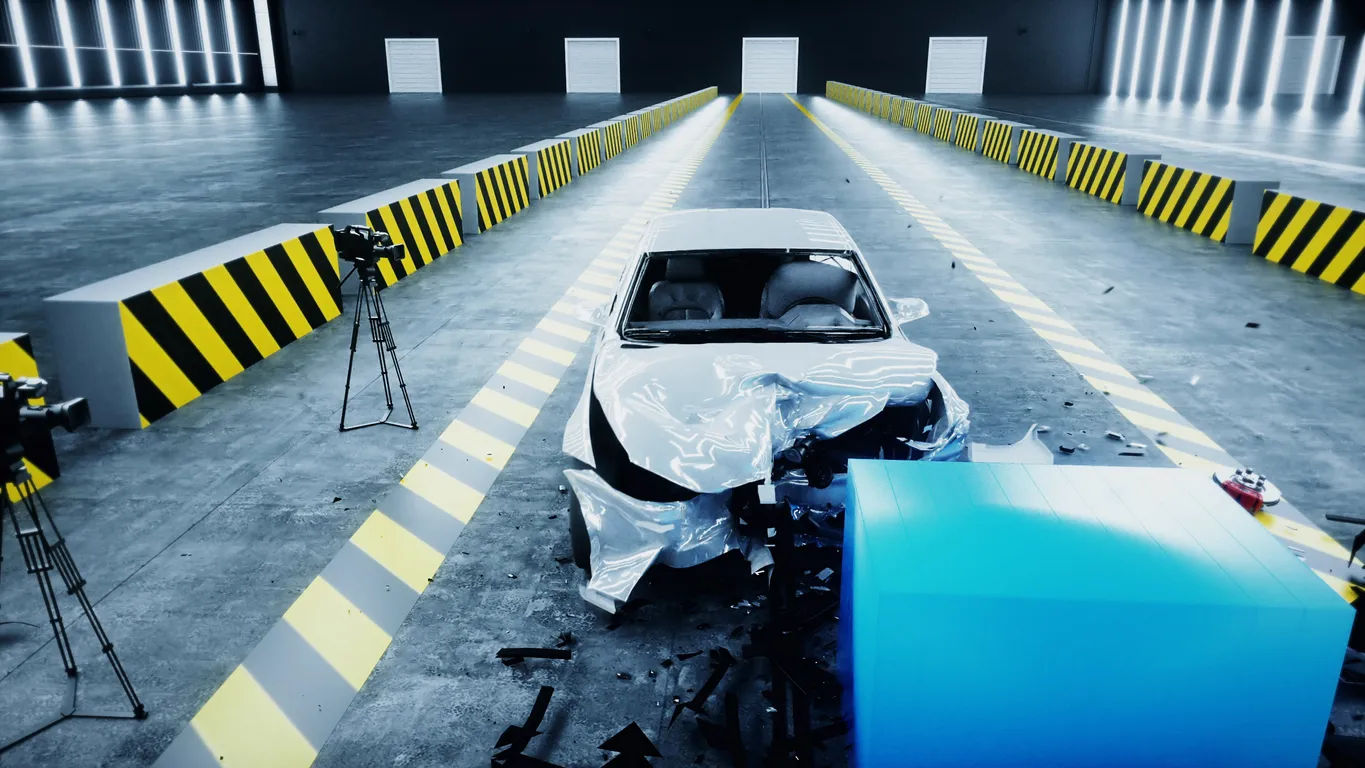What Is NHTSA?

The NHTSA is a Federal agency in the United States. This organization is responsible for ensuring new motor vehicles are safe for buyers. The NHTSA conducts crash tests, develops new standards, and recalls vehicles that aren't safe enough to be sold to buyers in the USA. The organization also provides funding for U.S. states and territories to help pay for new safety measures and laws in each area. All these jobs the organization performs help ensure that driving on roads today is safer than ever before.
What Does NHTSA Stand For?
The NHTSA stands for National Highway Traffic Safety Administration. The organization is responsible for reducing traffic deaths and enabling vehicle owners to drive confidently, knowing they are protected by their new vehicles.
What Is The NHTSA Responsible For?
The NHTSA is responsible for evaluating new vehicles to verify that they are safe to drive and can withstand several types of crashes. If vehicles can't hold up to front, rear-end, or side impacts, they are given poor ratings and could be recalled and forced to be improved before they can be sold.
The NHTSA does not conduct all the crash tests performed in the USA today. Instead, the organization offers grants to states and local government agencies to perform their own crash tests. The organization uses all the data it gathers through extensive testing and employs it to suggest safety guidelines that are put in place. This is how traffic safety is improved over time and why vehicles are consistently becoming safer over time.
The NHTSA evaluates the latest safety tools being developed in the auto industry and ensures that cars come with the latest weight sensors, smart airbags, pre-tensioned seatbelts, and more to make the vehicles safer and more reliable. The NHTSA works to make vehicles uniformly safer throughout the industry today.
What Powers Does the NHTSA Have?
The NHTSA must use the FMVSS (Federal Motor Vehicle Safety Standards) as guidelines when evaluating different vehicles but is not limited to the scope of those requirements. The organization is free to look for any serious safety issues in a vehicle. It can impose a recall on an auto manufacturer for a specific vehicle if it is deemed unsafe for any reason, even something not covered by the FMVSS.
The National Highway Traffic Safety Administration can also fine automakers for certain violations, which enables the company to penalize manufacturers for creating unsafe vehicles. Fines are often given to automakers that work to get around safety laws intentionally or make significant mistakes that could have easily been prevented.
The NHTSA Regional Offices
The NHTSA is divided into ten regional offices to ensure vehicles are safe in the different driving conditions throughout the United States. The organization has an office in every area of the United States. These offices work with one another independently to verify safe vehicles are being sold nationwide.
How The NHTSA Advances State Driver Safety Initiatives
Each of the 50 states has its own unique challenges to driver safety. For an area like New York City, accidents, signs, traffic, and congestion are major concerns that must be addressed. For another state, like Colorado, accidents caused by poor weather may be more of a concern. The NHTSA gives away more than $500 Million in grant money annually to the states and U.S. territories. This money is to prevent distracted drivers, stop impaired drivers, change driver-license laws, improve traffic information systems, and much more. Improving motor vehicle and traffic safety requires funding, and the NHTSA ensures there is always some money available to fix road safety issues throughout the country.
How NHTSA Crash Tests Work
The NHTSA conducts its own crash tests at a special lab owned by the organization. After the tests are complete, vehicles are given a safety rating between 1-Star and 5-Stars. The rating is based on a front-impact test and a side-impact test. These two tests verify that a vehicle can withstand crashes from various angles while driving.

- During the front-impact test, the vehicle is attached to a sled and slid into a concrete wall at 35 miles per hour.
- During the side-impact test, a concrete sled is directed into the side of a stationary vehicle at 35 miles per hour.
During both tests, a series of high-speed cameras record all the crash footage in detail. Crash test dummies are seated in the vehicle to capture all the forces placed on a human body during the accident.
The final star rating provided for each vehicle is based on how likely the passengers of the vehicle are to get injured during an accident. If passengers have less than a 10% chance of being seriously injured during the front-impact test and less than a 5% chance of being seriously injured during the side-impact test, the vehicle scores a 5-Star rating from the NHTSA. The more likely passengers are to be injured during the two accident scenarios, the lower the star rating the vehicle will receive.
The NHTSA is a powerful organization that's essential for maintaining the safety of drivers throughout the United States. NHTSA crash test scores are used heavily by new car buyers today, and an unsafe vehicle is much less likely to make it onto the road, thanks to the work of the NHTSA.
Traffic incidents are one of the most common ways that people get injured today, and thanks to agencies like the NHTSA, traffic fatalities go down each year. As safety technology improves further, drivers can rely on their vehicles to protect them in different situations more and more. The National Highway Traffic Safety Administration is the most important government organization for vehicle safety, but it's only one of the organizations involved in vehicle and traffic safety today. Other organizations, such as the IIHS, are also working in the same space. The NHTSA is a useful tool that vehicle buyers have to look to. GoodCar is one of a select few authorized resellers of their data, so our vehicle history reports are consistently updated. Use that information to identify the best vehicle for you and your family. Always look at safety ratings before purchasing a vehicle, and you can be confident that you're driving a safe vehicle you can rely on.
FREE Vehicle Search
- Accidents
- Problem Checks
- Title Records
- Recalls
- Values
- Specs
-
InfoPay, Inc. (dba GoodCar) is an Approved NMVTIS Data Provider
-
-












































